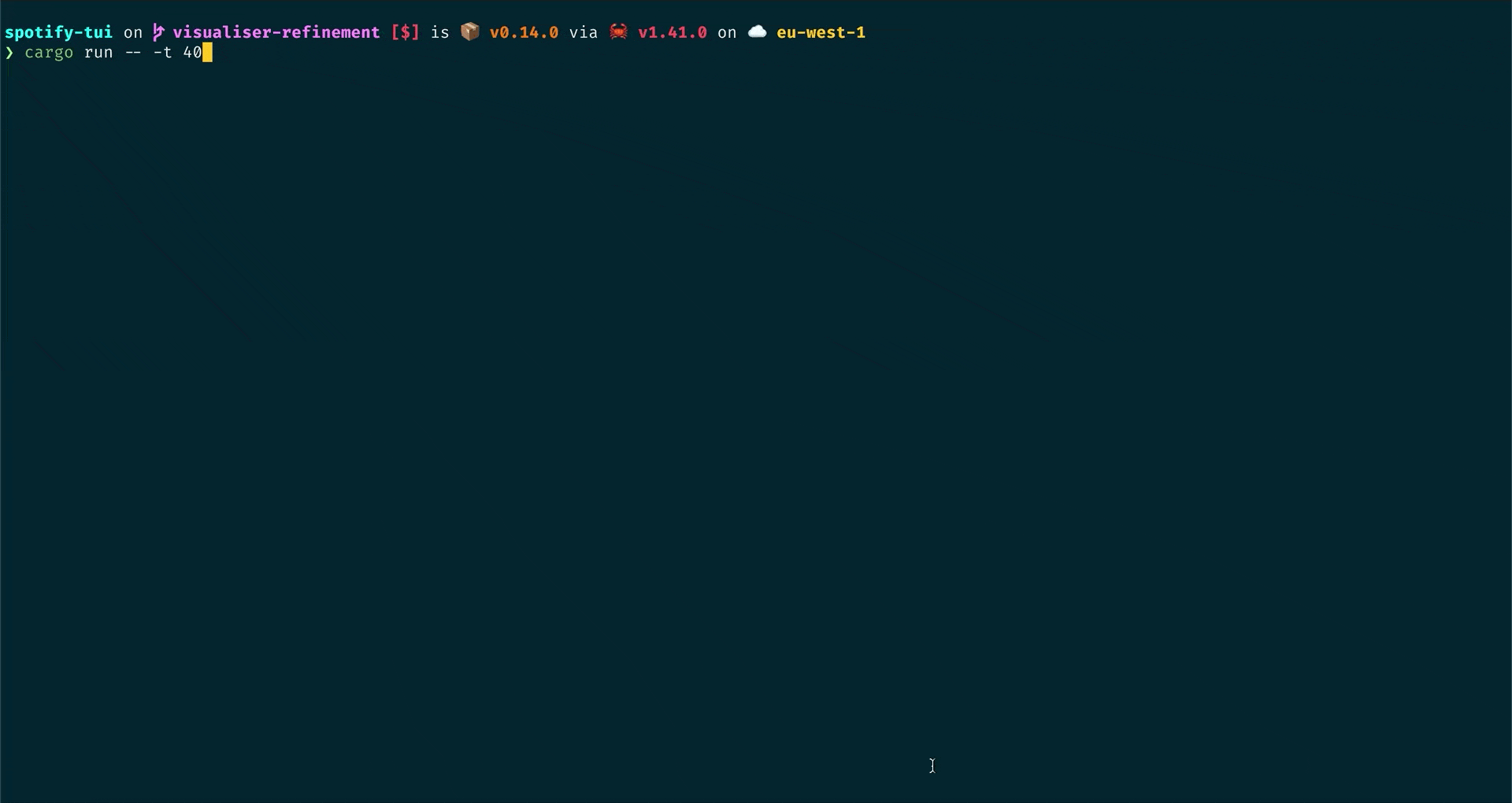Szmelc Player
Szmelc Player is a program that converts any video you give it to a standalone executable that plays the video in the terminal. It uses FFmpeg to decode the video, so you can feed it any format you'd like - it's pretty much guaranteed to support it.
The end user does not need FFmpeg because the video frames are embedded as raw pixel data into the final executable.
Szmelc Player requires a C99-compliant C compiler to function. Only Unix-based systems are supported because they're based and Windows is cringe because of poor ANSI escape sequence support on Windows. Yes, I know Windows Terminal supports them, but there are other problems preventing Szmelc Player from running on Windows such as the lack of usleep.
What does "szmelc" mean?
Szmelc in Polish means junk, trash. It's pronounced like shmeltz. The program is called that because it's an absolutely horrible way to watch videos.
Alright shut up, how do I use it?
Well first you need to compile it:
$ cargo build --release
# To install the executable in ~/.cargo/bin:
$ cargo install --path .
Then the usage is as follows:
$ szmelc-player <input file> <output file>
# It is strongly recommended to scale the video down as the "pixels" output by szmelc-player are
# quite large (each pixel is 1x0.5 characters in your terminal).
# Thus, to make the video fill up an 80x24 terminal window, you need to double the height.
$ szmelc-player input.webm output --resize 80x48
It's possible to only generate the C code, without compiling, by using the --generate-c flag.
$ szmelc-player input.webm output.c --resize 20x12 --generate-c
$ head output.c -c1000
// “Dr. Szmelc is back, baby.”
// Generated by szmelc-player version 0.1.0
#define VIDEO_WIDTH (80)
#define VIDEO_HEIGHT (48)
#define SLEEP_INTERVAL (33366)
const unsigned char video_data[] = {103,103,103,103,103,103,103,103,103,103,103,103,104,104,104,107,107,107,109,109,109,110,110,110,111,111,111,112,112,112,113,113,113,113,113,113,113,115,120,115,116,122,115,116,122,115,116,122,115,116,122,115,116,122,115,116,122,115,116,122,116,117,123,116,117,123,116,117,123,116,117,123,116,117,123,116,117,123,116,117,123,116,117,123,117,117,122,117,117,122,126,118,115,127,119,116,131,119,113,131,119,113,131,119,113,131,119,113,131,119,113,131,119,113,131,119,113,131,119,113,131,119,113,131,119,113,130,118,112,130,118,112,130,118,112,130,118,112,130,118,112,130,118,112,130,118,112,129,117,111,129,117,111,129,117,111,127,116,110,127,116,110,127,116,110,126,115,109,126,115,109,125,113,108,125,113,108,125,113,108,124,112,107,123,111,105,123,111,105,122,110,104,120,109,103,120,109,103,119,108,10
By default, Szmelc Player will compile the C code using the default system compiler cc (usually symlinked to gcc). It is possible to specify a different compiler (eg. clang) by using the $SZMELC_CC or $CC environment variables (the former will take priority).
gcc and clang are quite resource hungry, but unfortunately it's not possible to use tcc quite yet, as it fails to compile miniaudio (which Szmelc Player uses for audio output). At some point a better solution involving compiling miniaudio separately might get added.



